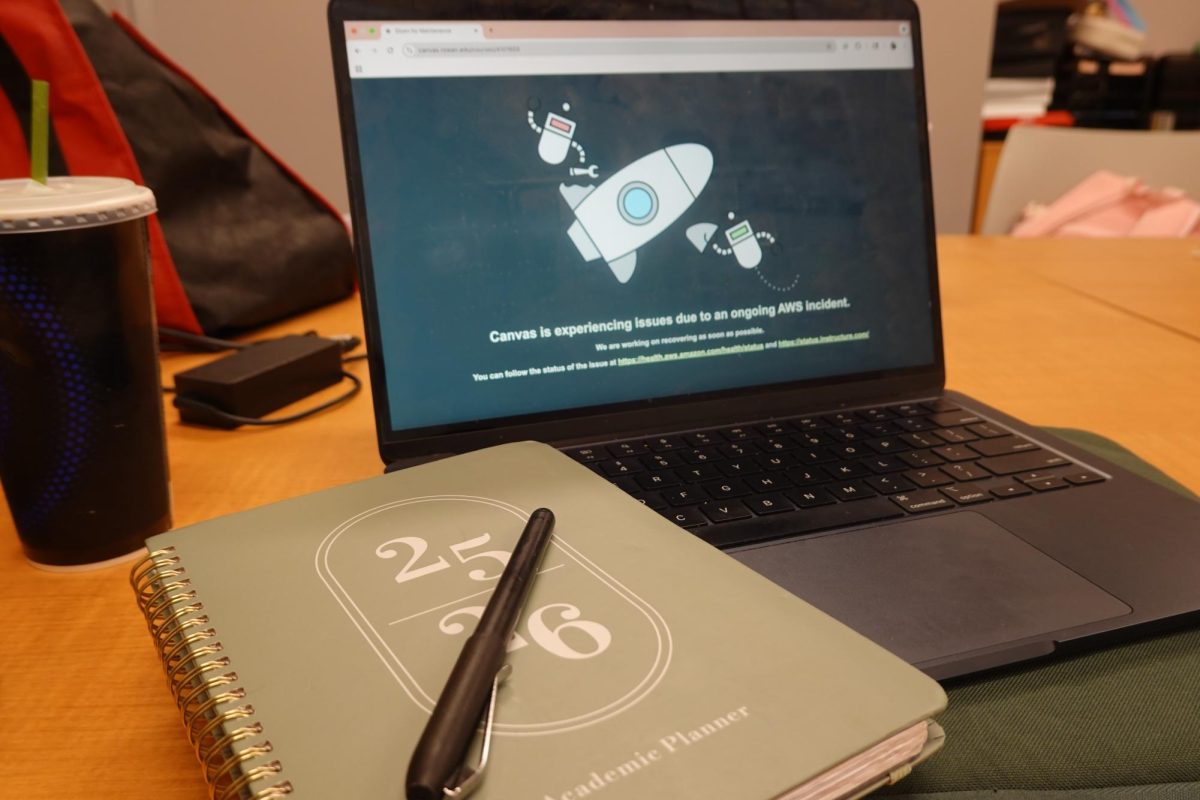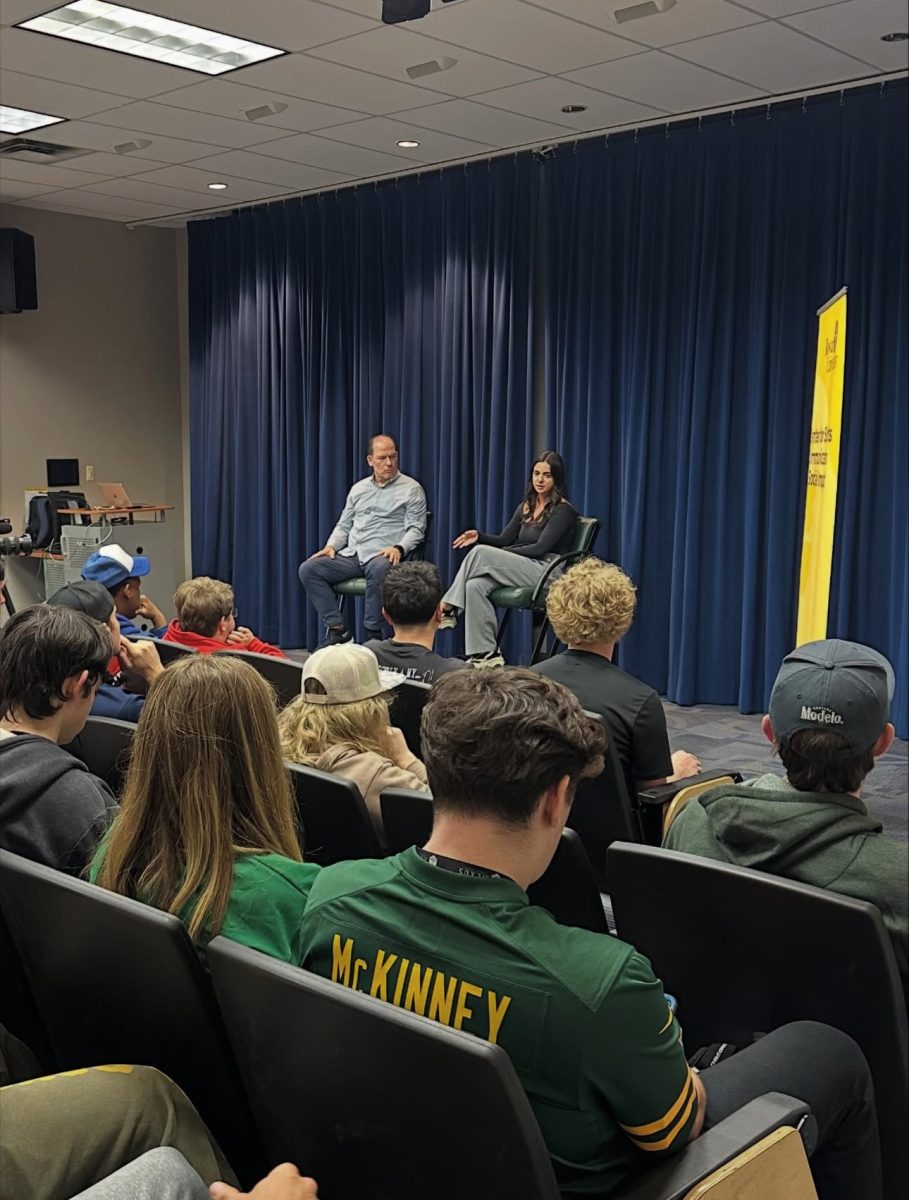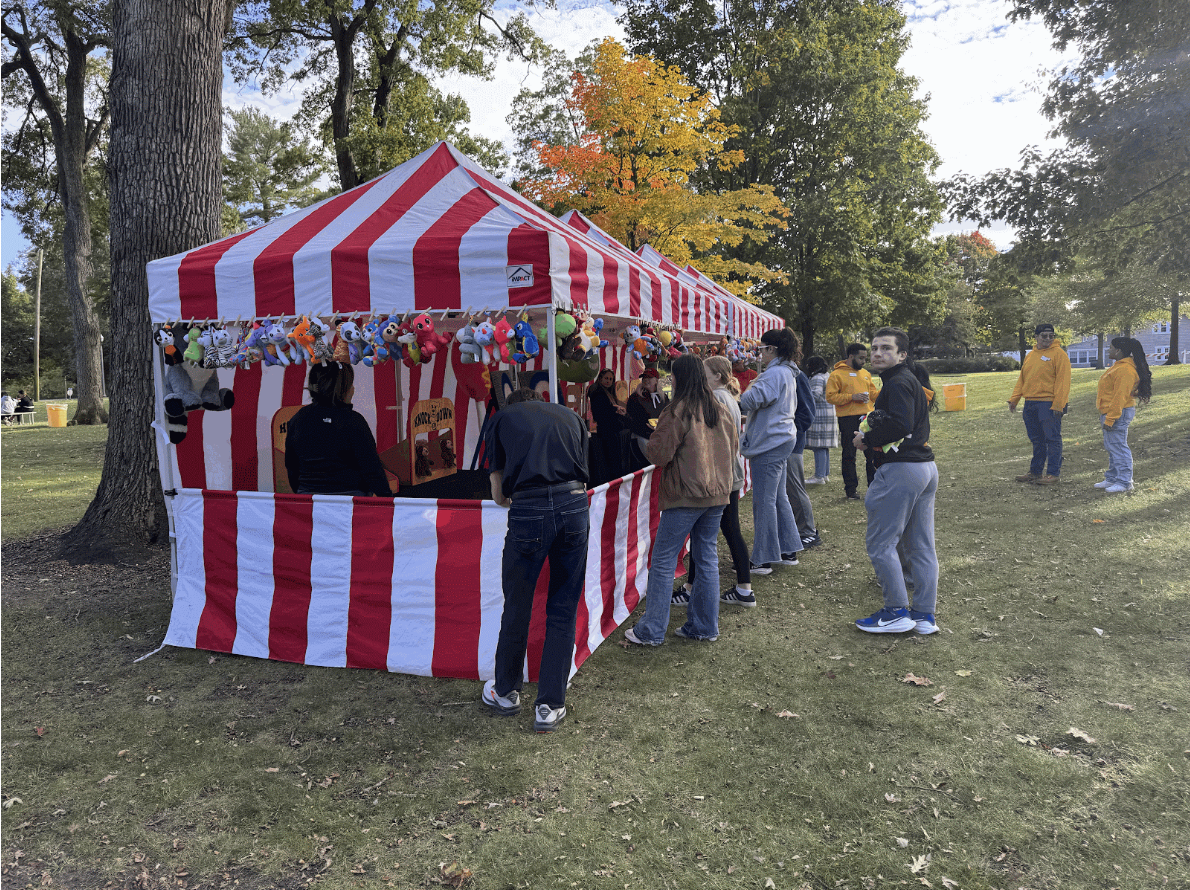Last week, I wrote an article about overcoming the obligation to suffer. Truly, it was about learning that it’s okay to deny opportunities if they aren’t the right fit, especially in college when we’re just getting started in our workforces and industries.
However, the work of turning something down is very, very real. And it can feel like so much more than just deciding that you aren’t interested in a job and then letting the relevant parties know.
Sometimes it can feel like your entire future hinges on how you handle something. And then, the very idea of handling it becomes terrifying.
So you put it off.
You put it off so much that one day, you think back to the people you ghosted and realize that if your future hinged on that situation, you probably should have told them where you were, rather than wait. And you realize that maybe your future didn’t hinge on it after all, seeing as life didn’t end in the midst of your radio silence.
I am guilty of this exact process. I’ve ghosted all sorts of people. Employers, teachers, club leaders, and even mentors. It can feel way easier to let the act of contacting somebody slip your mind. I’ll do it tomorrow (except tomorrow never comes.)
I’ve been at Rowan for two months and I’ve already done this. But that doesn’t mean I should be putting my decisions off in perpetuity until I’ve flaked on all the things I decided just weren’t for me.
Instead, let’s map out a method of handling these situations, to prevent the dreaded radio silence, the feeling of obligation, and the drag of putting something off.
First, decide what you want. It can be as simple as declining to go on a date or turning down a job offer with a big company. What you want is to say no, with the least negative consequences.
So, how can you achieve that outcome? I’ve learned that people are very understanding as long as you are forthcoming, so, be honest! Draft an email or a text message the moment you decide you don’t want to do something. Don’t put it off, no matter how easy it seems.
In this message, you want to touch on three main points. Firstly, appreciation for the offer you’ve been given. Secondly, a brief but well-explained reason for your denial. And lastly, resist the urge to ghost after you’ve declined the opportunity.
You don’t need to be best friends with whoever extended the offer, but it’s good to keep connections cordial, at the very least, and leave lines of communication open, rather than closed.
If you’ve drafted the email or text, now’s the time to send it before you start to have second thoughts. Seriously, do not let these messages rot in your drafts. I’ve had that happen one too many times, and the awkward feeling of seeing or being contacted by people who I’ve ghosted is way worse than any peace I’ve gotten from avoiding the initial letdown of my honesty.
If you’ve read this and you think that this is irrelevant to you because you need to place a call or meet with someone in person to discuss your position, that’s not true. You can map out your points on paper or in a document, then meet or call and cover them the same as you would in an email. The point is to be concise, and kind, and to make these decisions and act on them in a timely manner.
Sometimes, a job may not be for you. Case in point, earlier this month I turned down a role in a show because I decided I simply didn’t want to be in it. Rather than disappear, never to be heard from again, I sent a brief message kindly declining the role.
So when you make that decision that it’s not for you, act sooner rather than later. And remember that the consequences of disappearing are not worth how easy it is to put something off, no matter how terrifying it can feel to just “handle it.”
For comments/questions about this story DM us on Instagram @thewhitatrowan or email [email protected]





































































































































































































